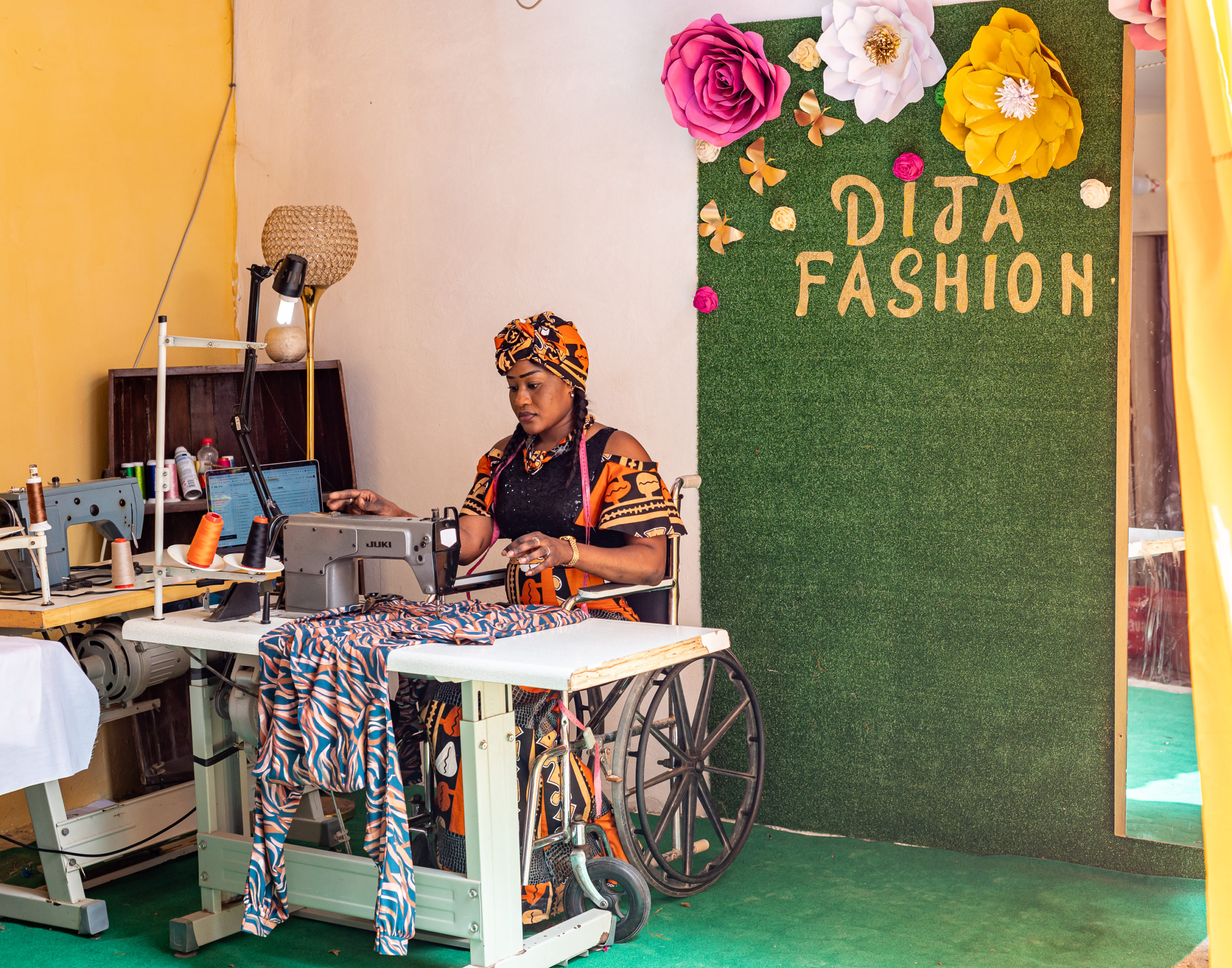Concerned by the dramatic impact of the COVID-19 crisis on workers in the informal economy, with the support of the SP&PFM Programme, Governments have accelerated the national dialogue for the design and implementation of strategies for extending social protection coverage. The SP&PFM Programme in Malawi and Togo provided evidence to facilitate the consensus on extending coverage to self-employed and workers of the informal economy. Such progress will strengthen their resilience to the day-to-day social risks and future economic shocks.
In Cote d’Ivoire, the SP&PFM programme sought to strengthen knowledge, existing social protection mechanisms and social dialogue to lay the foundations for extending social protection coverage. As a result, a technical report analysing the institutional and operational frameworks of existing social protection schemes, including strategic interventions for the extension of social protection to workers in the informal economy, was submitted to the government.
In Ethiopia, a technical study on the extension of social protection to workers in the informal economy provided policy recommendations on extending coverage and pursuing actions on formalization. In Malawi, the SP&PFM Programme undertook analytical and actuarial studies on expanding the social insurance schemes, including to workers in the informal economy, as a mechanism for improving coverage of the overall social protection system. The studies’ results will continue contributing to the discussions on the review of the national social protection policy.
In Nepal, the SP&PFM Programme provided technical support to the Government in extending contribution-based social security to informal economy workers, including the design, the implementation strategy and the actuarial valuation/costing of the schemes. To this end, the project team relied on the assessment of the social protection responses to COVID-19 crisis in Nepal, whose recommendations were validated with key stakeholders from the Ministry of Labour, Employment, and Social Security as well as representatives from employers’ and workers’ associations. Also, the Social Protection Civil Society Network became a member of the COVID-19 coordination committee of the Social Welfare Council.
In Senegal, the action supported the identification of incentives, the effective inclusion of gender and the pilot phase of the health branch for the effective implementation of the simplified social security scheme for workers in the informal economy.
The actions developed in Togo have enabled substantial progress in extending not only the social security scheme but also universal health insurance to informal economy actors. A law on universal health insurance was adopted in October 2021, and the parameters and mechanisms to extend old-age pension to all workers, including those in the informal and agricultural economy, through the general social insurance scheme were submitted to the Council of Ministries in June 2022.

